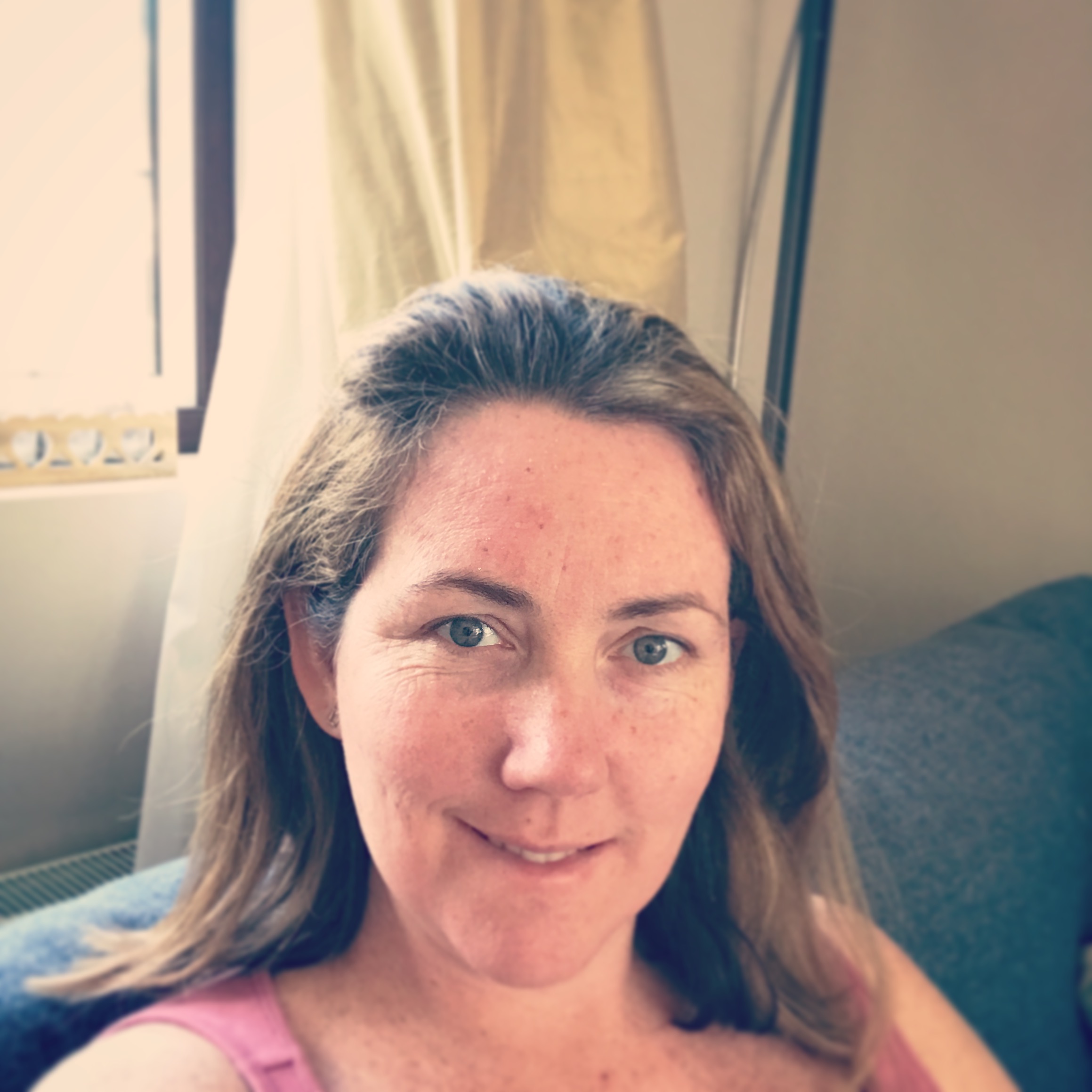Firstly I would like to state that I am not a medical or a psychological expert in anyway shape or form. Everything written is based upon my own opinions, thoughts and findings. I am one of the common referred to ‘lost generation’ of people discovered their autism in their forties; more to the point, it was pointed out to me and then the point laboured that I was on the spectrum by a professional in the field.
It’s of vital importance to remember that we, the neurodiverse, do not have ‘one size fits all’ challenges. However, it’s very common that we are likely to suffer from difficulty in one of life’s most crucial areas; communication, social interaction and obsessive or repetitive interests and activities.
I feel that communication and social interaction should not be considered as separate areas, more that they are flip sides of the same coin and it’s this difficulty that I would like to discuss. Personally, I managed to get by in life with a very good vocabulary and a grasp of verbal semantics and linguistics. I assumed that this made me good at communication; in my professional life, I’ve held roles which involve me talking, I trained initially in law and practiced for several years, I’m good with making an argument, although in hindsight, I’m arguably not always that succinct (which in law never seemed to hurt as everyone else was equally verbose!) I have given numerous presentations, appeared on stage and performed stand up comedy, including on London’s Shaftesbury Avenue, which is the home of the City’s theatre district.
So, where do I get the belief or knowledge that I struggle with communication?
I’m very good at talking, I know several other autistic people who also are; performers, magicians, lawyers amongst them. The thought of speaking in public, whilst it may bring on a certain level of anxiety, it concerns us a lot less than many other people, including those on the neurotypical scale. The key difference, for me is that this is not a conversation. For myself, it’s almost a monologue, I may have to respond to input or questions, I may have to deviate from a script, but for me, it’s a presentation, and not, a conversation. Even writing this article, or my own blog is my own monologue.
Conversation is, for me, a complex minefield of social protocol, implication and sub-context. For many of us on the autistic spectrum, I suspect that we feel the same. We don’t get subtlety, or nuance, or intonation and body language is simply bloody exhausting, despite in my teenage years, having read countless books on the subject. This means that the normal everyday social interaction and communication is something I frequently only get a small proportion of, which increases my anxiety and confusion and therefore means that I, as a reasonably intelligent human being, only get a proportion of what is actually said, because human interaction is largely not expressed by verbal communication.
Imagine how this can effect a person in making friendships or forming relationships. Both of the above a source of insecurity and uncertainty, my brain frequently saying “Does A really like me?” This obviously makes maintaining relationships even more complicated and demands a lot of patience, tolerance, understanding and a lot more patience and willingness to manage my expectations and express themselves more clearly and more expressly than might be typical in a relationship with a neurotypical person.
The additional pitfall is that when overwhelmed to a certain point, my brain, and that of many people on the spectrum, we shutdown or meltdown. This is our brains way of protecting itself. I recently found myself having a conversation with someone and for the life of me, I cannot recall a single word of anything said, either by them or myself. I expect, in hindsight, that I came across as terribly rude and I would hate to do so, but if I did, it’s not a conscience or intentional thing.
I wish that I could state that I’ve found the key to communication. However, I’m also learning that my difficulties make me a unique person and that these traits are as much a part of my genetic composition as my hair or eye colour. Therefore, the safest route to making myself as happy as I can be is to simply embrace and recognise that I am neurodiverse and that I, and in the bigger picture, we, are all amazing wonderful people, we are just wired in a slightly unique way.
A former lawyer, DJ & Promoter, teaching English as a foreign language with the goal being qualifying as a teacher. He is a high functioning autistic, and is embracing life outside of the neurotypical
You can find out more about Paul at https://autisticmountainbiker.home.blog/


